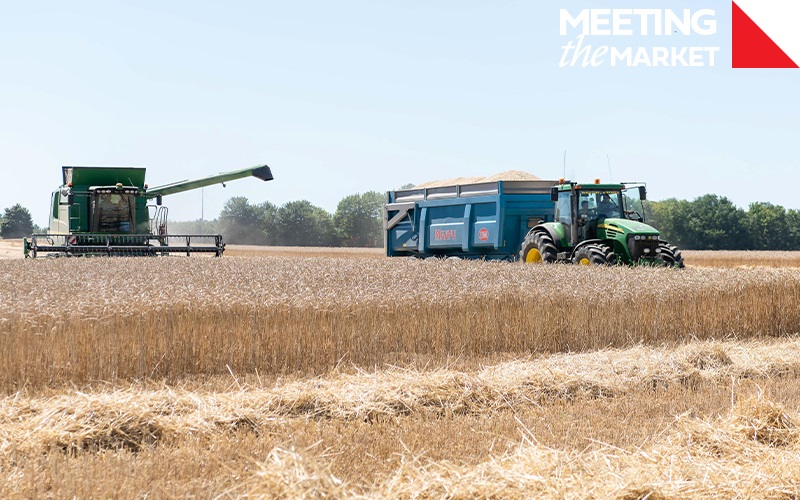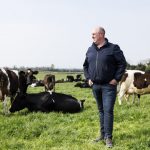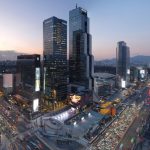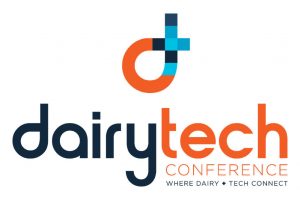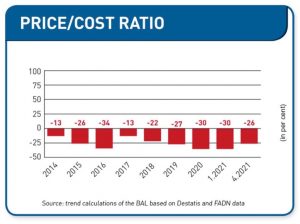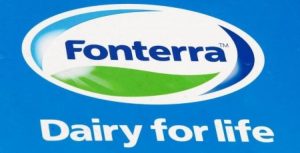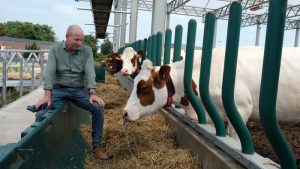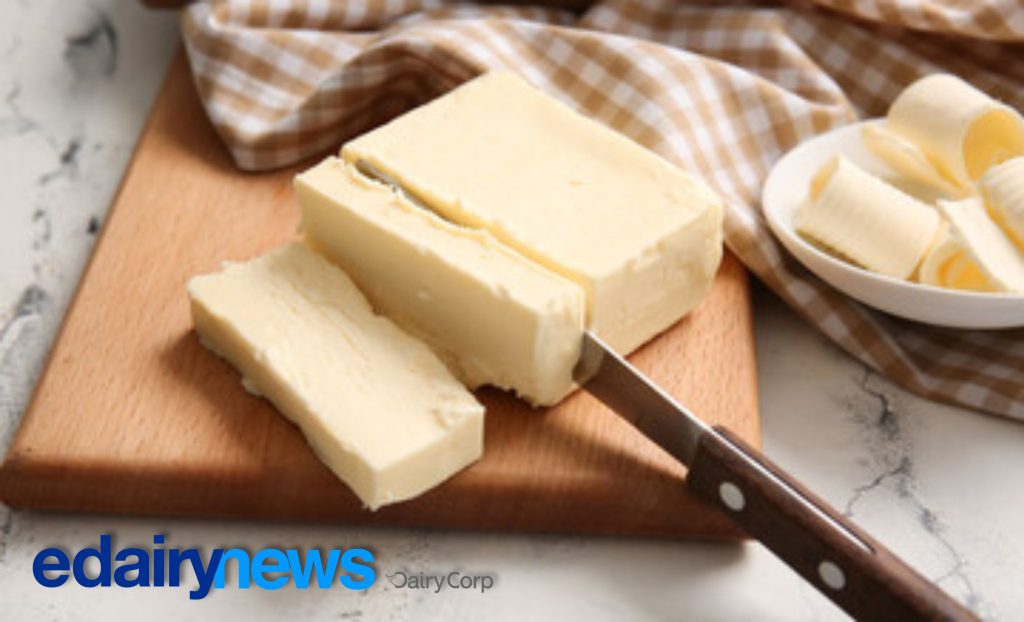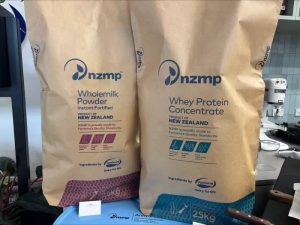
The political and regulatory treatment of the manure produced by the industry in the Netherlands has farmers steaming.
Similar production but from fewer cows is the trend of the Netherlands dairy industry as the government tackles environmental issues, according to Rabobank Dutch dairy and veal sector manager Danielle Duijndam.
While there is much for Dutch farmers to celebrate in being innovative and productive, they face significant challenges, which she thinks will result in the dairy sector shrinking.
She told Farmers Weekly that she expects stocking rates will reduce from about three livestock/hectare to about 2.2, due to government measures to reduce nitrate issues from livestock manure.
Applications are limited to 230kg/ha of nitrogen.
This will see some farms cease trading with predictions the country’s 1.6 million cow herd could shrink by 10-15%.
Duijndam said the average dairy herd is about 110 cows and average production is about 9000 litres/cow.
The Dutch government dairy sector body ZuivelN reports that milk production in 2023 totalled 13.9 million tonnes.
A year ago thousands of farmers protested at the manure restrictions with a new government subsequently elected at recent elections.
Attempts by the new administration to negotiate a workable solution have failed and recently it announced it would start formulating a completely new policy, but no details have been released.
The manure is produced from housing cows; farmers have to pay someone to take it away or to use it.
Cropping farmers are one market. Some is dried and sold to neighbouring countries.
To control nutrient loading, the government has introduced a cap-and-trade process.
Duijndam said if farmers wish to expand their herd, they must buy nutrient rights or units from someone exiting or who has excess, but the total volume of these rights is subject to a shrinking lid.

Whenever rights are surrendered, the amount available to sell is reduced by 10%, soon to be 30%.
“With every trade, the dairy industry shrinks a little bit,” said Duijndam.
The nutrient issue has resulted in restrictions on crop rotations of potatoes and the Netherlands national symbol, tulips.
The government has also adopted a farm-buyout scheme for those with nitrate issues.
Duijndam said so far less than 2.8% of dairy farmers have shown interest in the offer, but it has been greater for other sectors, with 13% of veal farms, 18% of pork farms and 13% of poultry showing an interest.
“Showing interest does not mean that all those farms will actually stop farming,” she said.
“Some farmers are not certain what to do or will change their minds. Also some do not meet the requirements and will not be approved to participate.”
Farmers in the Netherlands also have an issue with urban people choosing to move to rural areas and questioning farm practices such as the use of chemicals, with clashes ending up in court.
“We have a lot of pressure from being a small country with a lot of people,” said Duijndam.
Flashpoints between farmers and the European Union differ across the bloc.
In Germany the issue is animal welfare, in Denmark it’s climate change with the government proposing to price agricultural emissions, and in the Netherlands it’s to do with nature.
Dutch dairy production will also be impacted by the European Union’s Green Deal, a suite of environmental policies designed to address sustainability issues.
They include 2030 targets of a 20% reduction in fertiliser, a halving in nutrient losses, 50% less use of antimicrobials and a 25% increase in organic farming.
Animal rights groups wield significant influence in Europe.
Duijndam said they recently mounted a publicity campaign naming and shaming supermarkets that stocked fast-finished chickens, considered to have been saturated with growth stimulants to encourage rapid growth.
Such was the backlash, supermarkets banded together and decided to stop stocking them, which lifted the price of all chicken meat.
The focus of animal rights activists has now shifted to dairy farmers with the claim cows are being made to produce more milk than is biologically and naturally possible.
If successful, Duijndam said, the overall impact could push milk prices higher.
She said the mood among Dutch dairy farmers is mostly negative, of not being appreciated, not helped by policy uncertainty.
The daughter of dairy farmers, Duijndam still milks cows several days each week on her family farm, which sits 7m below sea level.
You can now read the most important #news on #eDairyNews #Whatsapp channels!!!
🇺🇸 eDairy News INGLÊS: https://whatsapp.com/channel/0029VaKsjzGDTkJyIN6hcP1K
